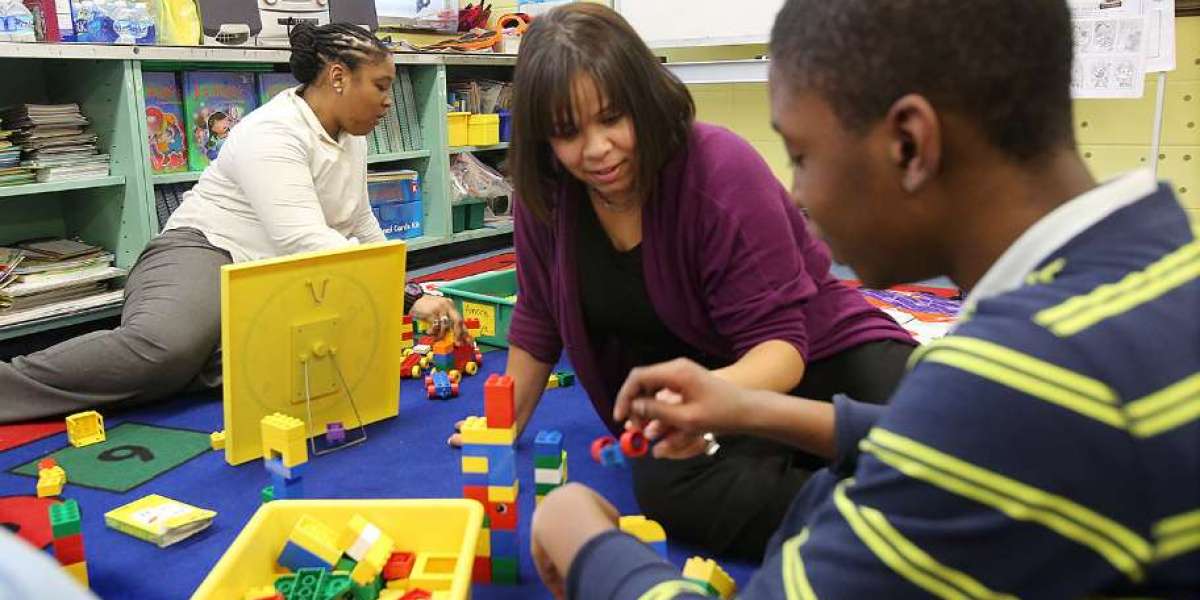Developmentally disabled individuals face unique challenges that require tailored support systems to help them thrive. Programs specifically designed for their needs play a pivotal role in fostering independence, social integration, and personal growth. These initiatives provide vital resources, from education and employment to recreational activities and healthcare services. Let’s explore the landscape of programs available for the developmentally disabled and their transformative impact on communities.
Understanding Developmental Disabilities
Developmental disabilities encompass a range of conditions, including autism, Down syndrome, cerebral palsy, and intellectual disabilities. These conditions may affect physical, cognitive, social, and emotional development, often requiring specialized care and intervention from an early age.
Types of Programs Available
A wide array of programs is available to cater to the diverse needs of developmentally disabled individuals. These include:
1. Educational Programs
- Specialized Schools: Provide a tailored curriculum focusing on life skills, communication, and academics.
- Inclusion Programs: Promote integration into mainstream schools with appropriate support systems like individual aides and adaptive learning tools.
2. Vocational Training and Employment
- Skill Development Workshops: Teach practical skills, such as cooking, crafts, or IT, preparing individuals for potential job placements.
- Supported Employment Programs: Partner with local businesses to create inclusive workplaces, offering on-the-job coaching and mentorship.
3. Day Programs and Community Centers
- Offer structured activities, from art and music therapy to fitness classes, fostering social interaction and creative expression.
- Provide a safe and engaging environment for daily support and supervision.
4. Residential and Independent Living Programs
- Group Homes: Offer a community-based living arrangement with access to professional caregivers.
- Independent Living Support: Equip individuals with essential skills like budgeting, meal planning, and transportation.
5. Healthcare and Therapy Services
- Include occupational, speech, and physical therapy tailored to individual needs.
- Provide mental health support to enhance emotional well-being and resilience.
6. Recreational and Social Programs
- Enable participation in sports, arts, and community events.
- Encourage interaction and build lasting friendships, reducing isolation.
Benefits of These Programs
Programs for developmentally disabled individuals go beyond addressing their immediate needs. They:
- Enhance self-esteem by fostering a sense of achievement.
- Provide caregiver respite, offering families much-needed support.
- Build community awareness, promoting acceptance and reducing stigma.
- Cultivate independence, empowering individuals to lead fulfilling lives.
How to Access These Programs
Many non-profits, government agencies, and private organizations provide these programs. Here’s how to get started:
- Local Agencies: Contact agencies like the Department of Developmental Services (DDS) for referrals.
- Community Organizations: Reach out to local non-profits dedicated to disability support.
- Online Resources: Explore directories and platforms offering detailed program information.
- Advocacy Groups: Join advocacy groups to learn about new initiatives and opportunities.
Challenges and the Path Forward
Despite their benefits, these programs often face challenges like funding constraints, long waitlists, and a lack of awareness. Addressing these issues requires:
- Increased Advocacy: Raising public awareness about the importance of these programs.
- Government Support: Allocating more resources and implementing inclusive policies.
- Community Engagement: Encouraging businesses and individuals to contribute through partnerships and volunteering.
Conclusion
Programs for Developmentally Disabled Oakland individuals are essential for fostering a more inclusive society. By providing the right tools and opportunities, these programs not only empower individuals but also enrich communities, showcasing the strength and resilience of diversity. Supporting and expanding these initiatives is a step toward ensuring that everyone, regardless of ability, has the chance to thrive.








